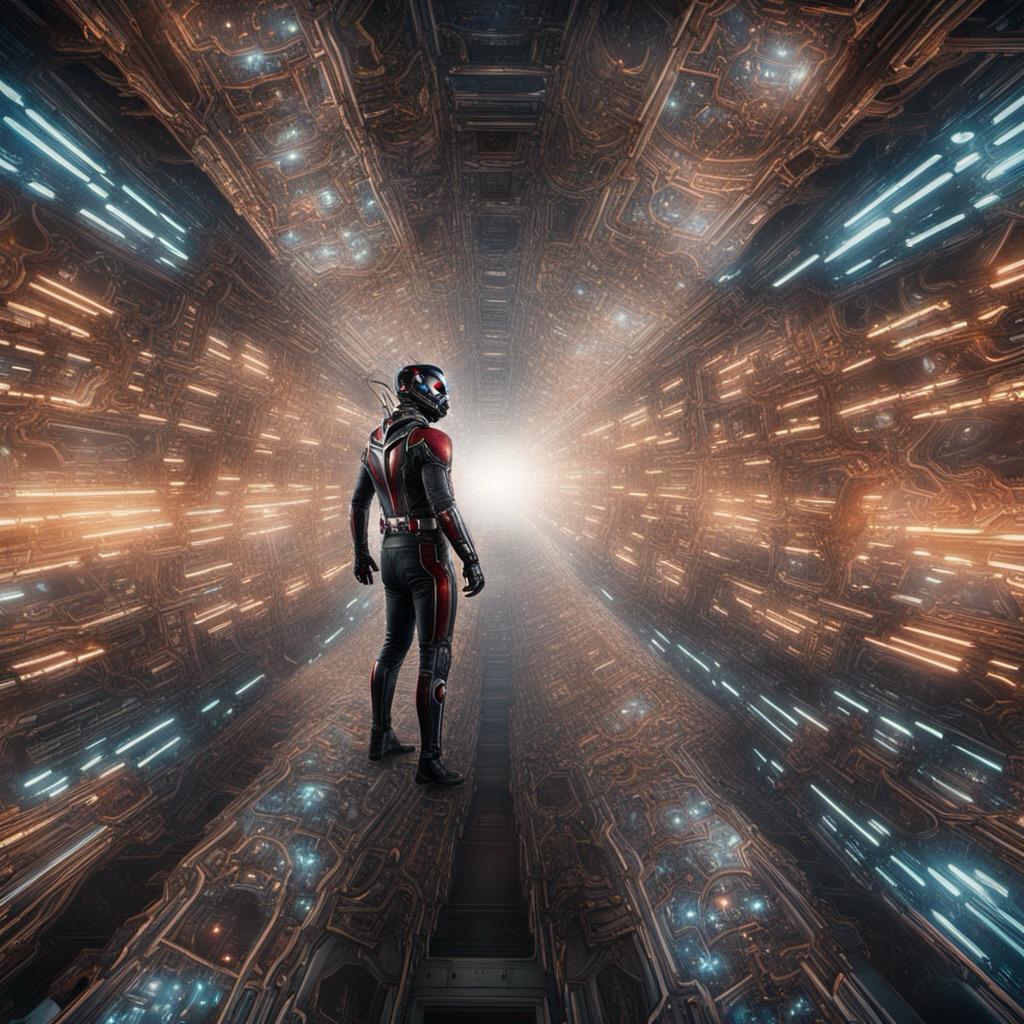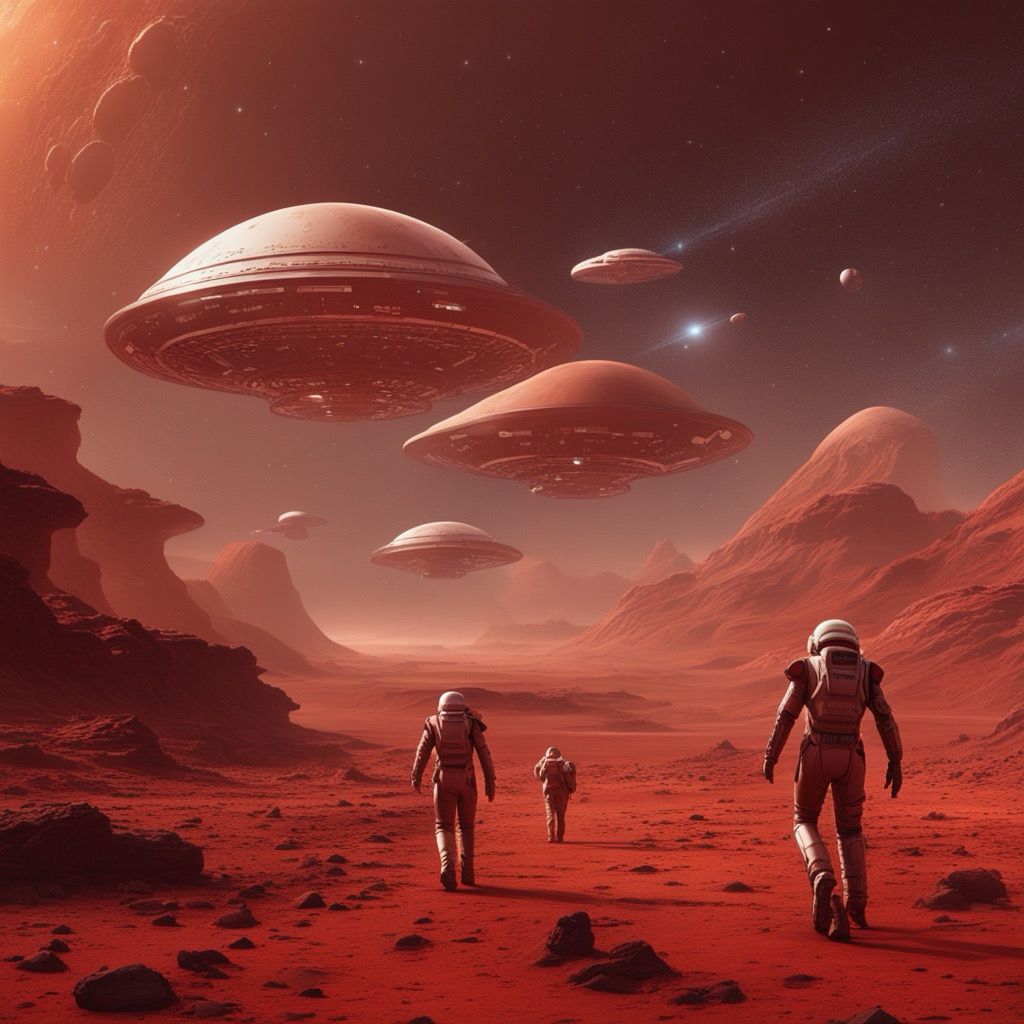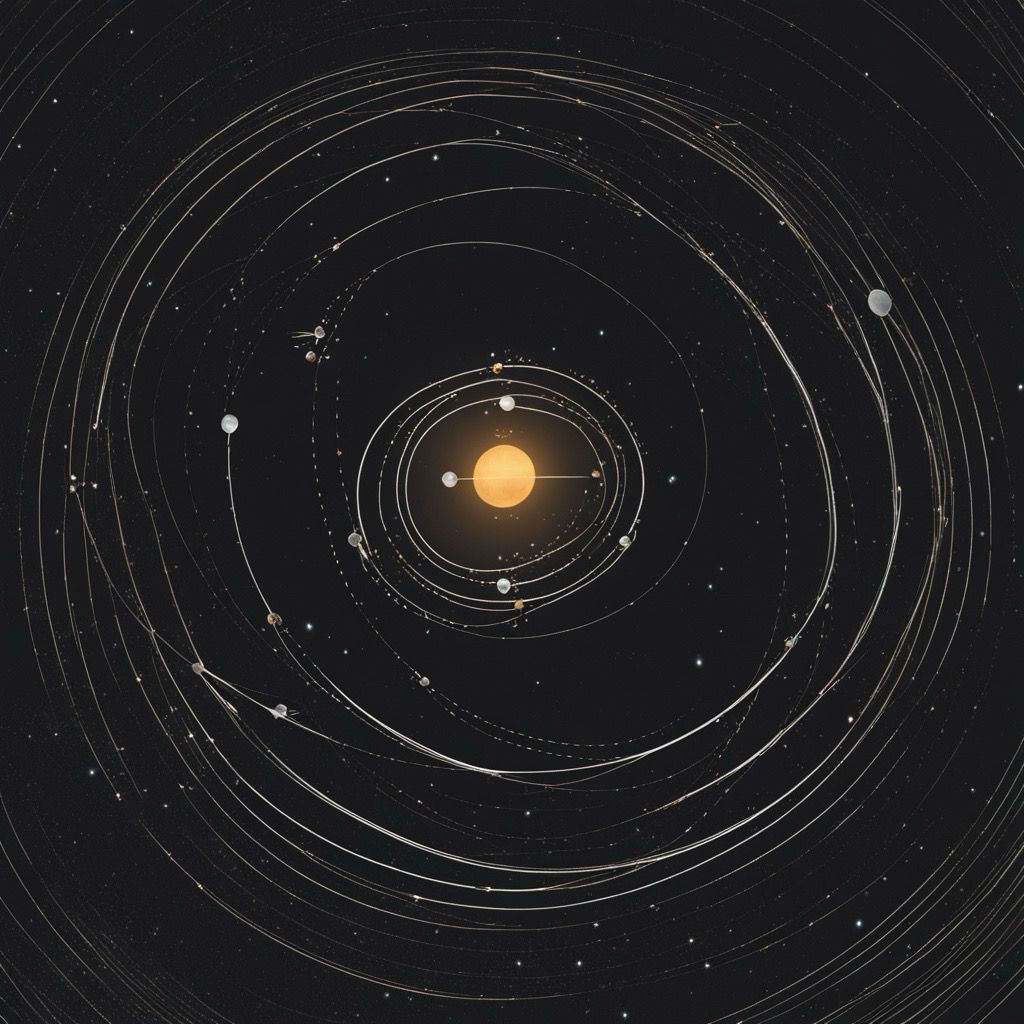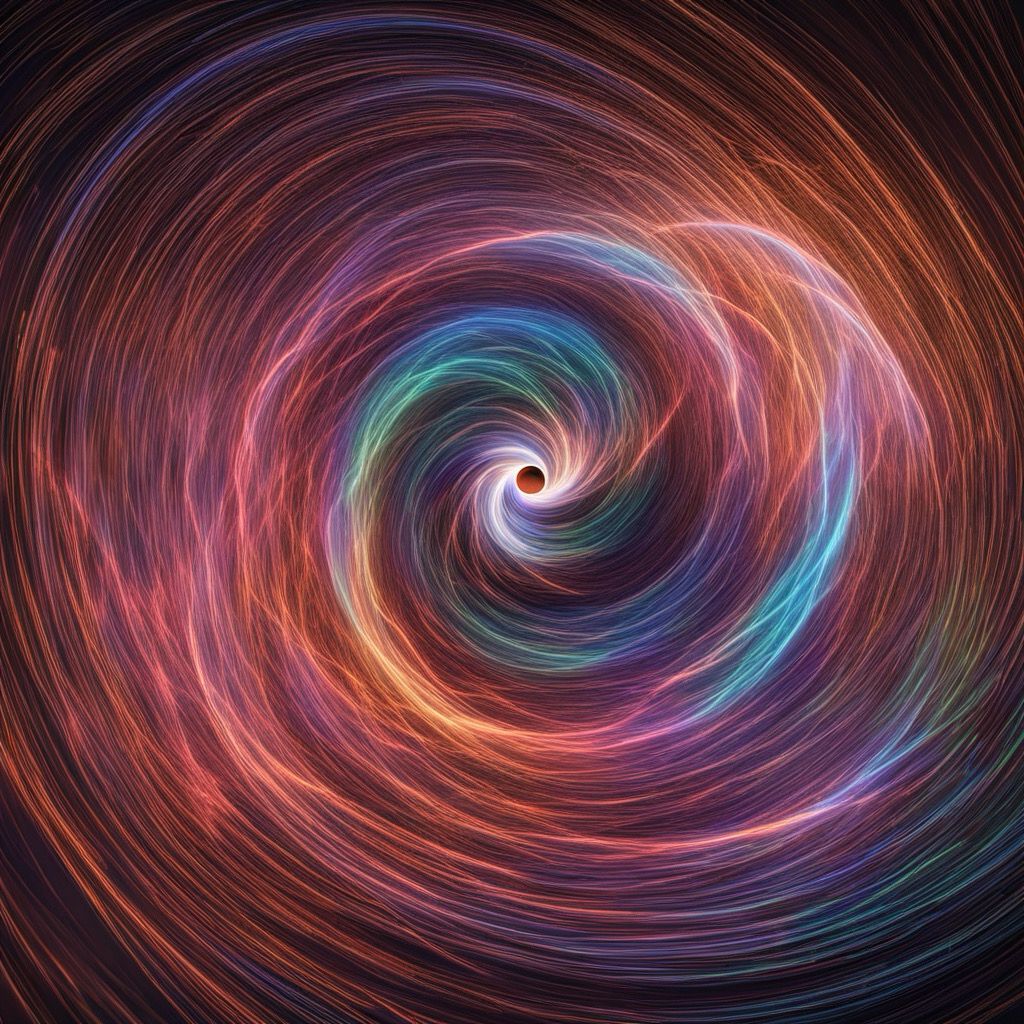Published: 4 months ago

Science
Summary
So, picture this: you're chilling at home, minding your own business, when suddenly a portal opens up in your living room and out steps an alternate version of yourself. Sounds like something straight out of a sci-fi movie, right? Well, believe it or not, the concept of a multiverse – a vast collection of parallel universes – is something that some scientists take seriously.
Article
The Multiverse is a concept that has captured the imagination of many, from comic book fans to scientists. The idea that there could be multiple universes existing simultaneously, each with its own set of laws and realities, is both fascinating and frightening.
One well-known example of the Multiverse in popular culture is the Marvel Cinematic Universe, with recent films like Spider-Man: No Way Home and Doctor Strange In The Multiverse Of Madness exploring this concept. However, as Doctor Strange himself admits, we know frighteningly little about the Multiverse.
So, is there any basis in science for the existence of parallel universes? Some physicists have proposed theories that suggest our universe may be just one of many, with potential alternate realities coexisting alongside our own. For example, the idea of the "Many Worlds Interpretation" in quantum mechanics posits that every decision we make creates a new branch in the Multiverse, where each possibility plays out in a different universe.
However, not all scientists are convinced of the existence of the Multiverse. Some argue that these ideas are purely speculative and lack empirical evidence to support them. In the realm of physics, where observations and experiments are key, the idea of multiple universes remains unproven.
To shed light on this enigmatic concept, we turn to a physicist who specializes in theoretical cosmology. Dr. Claire Evans has spent years researching the possibility of the Multiverse and its implications for our understanding of the universe.
According to Dr. Evans, the idea of the Multiverse is not as far-fetched as it may seem. She explains that theories like string theory and quantum mechanics provide frameworks in which multiple universes could exist. These theories suggest that there could be dimensions beyond the ones we currently observe, where different laws of physics govern reality.
Dr. Evans emphasizes that while the Multiverse remains a speculative concept, it is not outside the realm of possibility for scientific exploration. Advances in technology and theoretical physics could one day provide evidence for the existence of parallel universes, allowing us to peer into realms beyond our own.
As we ponder the mysteries of the Multiverse, one thing remains clear: the concept of multiple realities is a captivating and complex topic that continues to intrigue both scientists and storytellers alike. Whether it be in the pages of a comic book or on the silver screen, the idea of parallel universes offers endless possibilities for exploration and imagination.
So, the next time you watch a Marvel Studios movie or delve into a work of science fiction, remember that the Multiverse is not just a fantasy – it is a concept rooted in scientific theory and potential. As we continue to unravel the mysteries of the cosmos, the possibility of multiple universes existing beyond our own beckons us to explore the unknown and expand our understanding of the vast expanse of reality.
No opinions exist on this article yet!
Be the first one to share an opinion on this article.
This article does not have any attachments.
No Access
Share access to start recording your opinion











